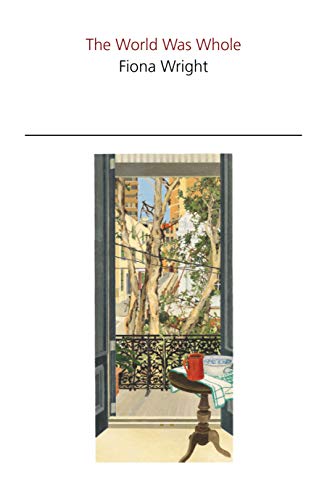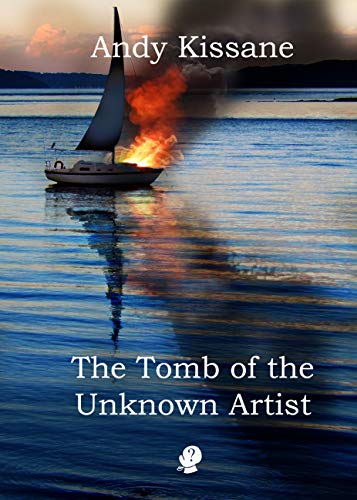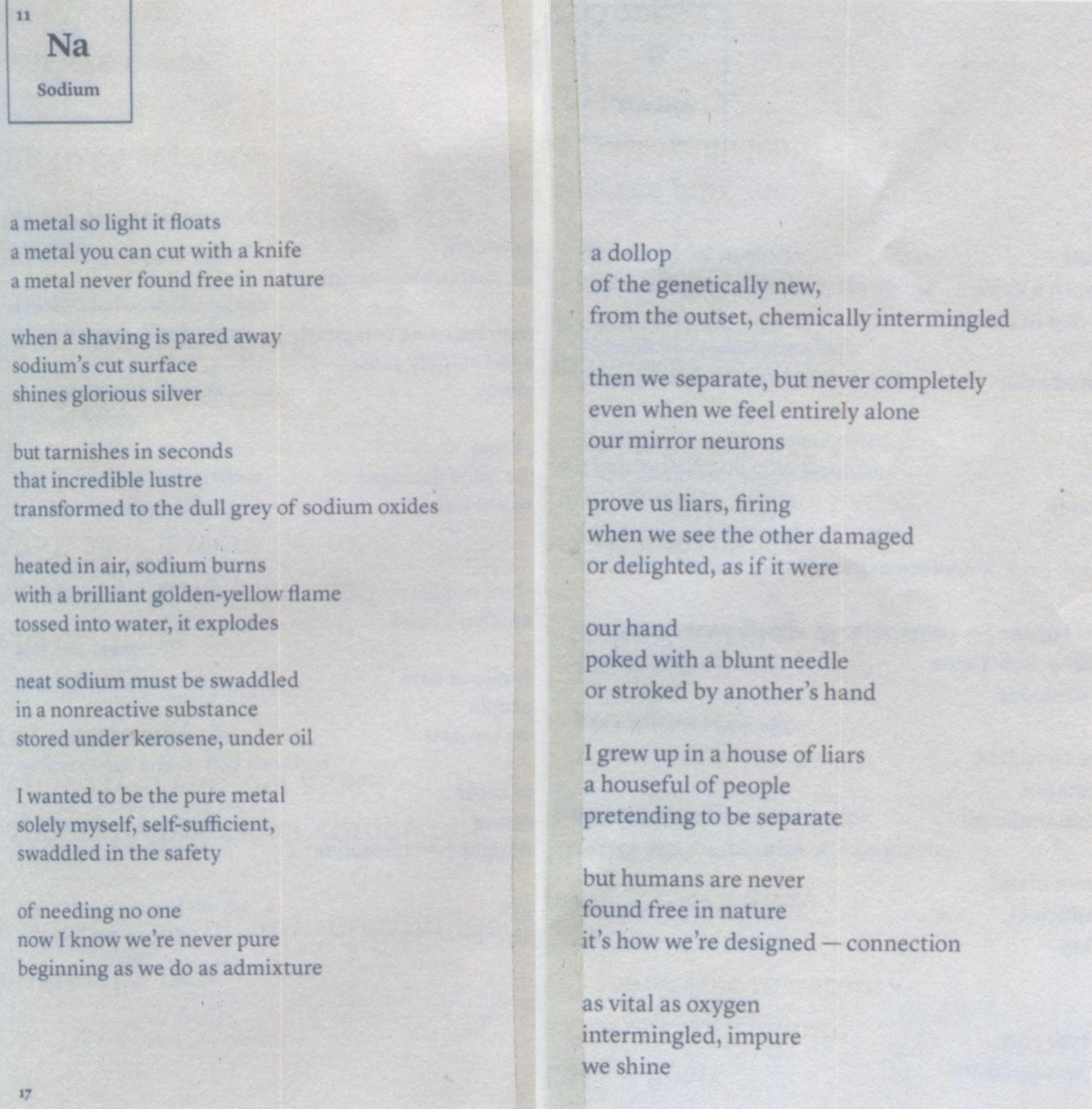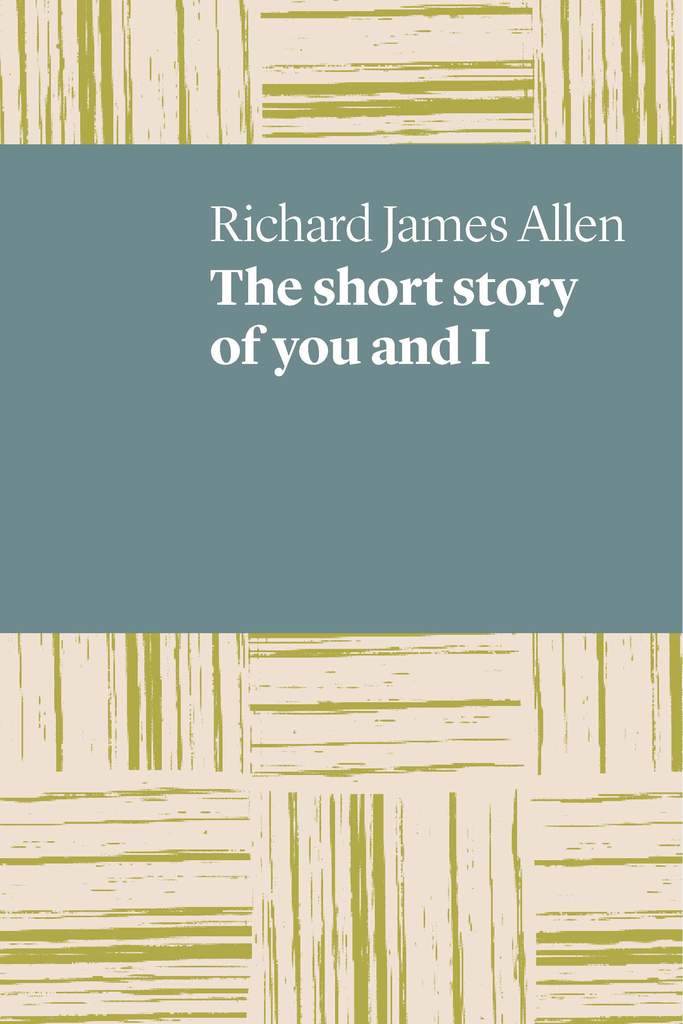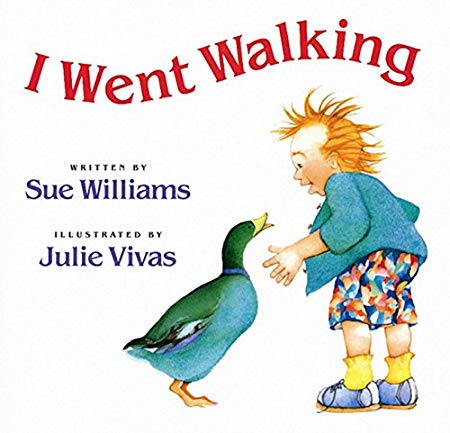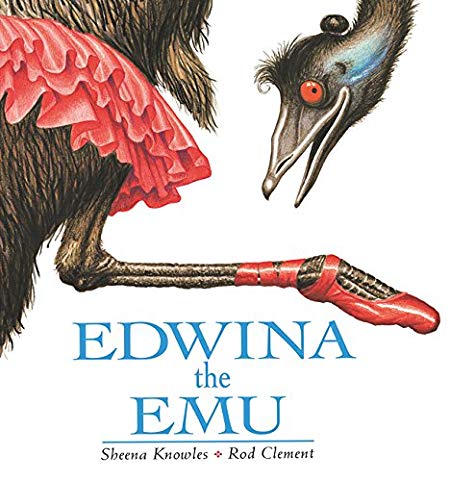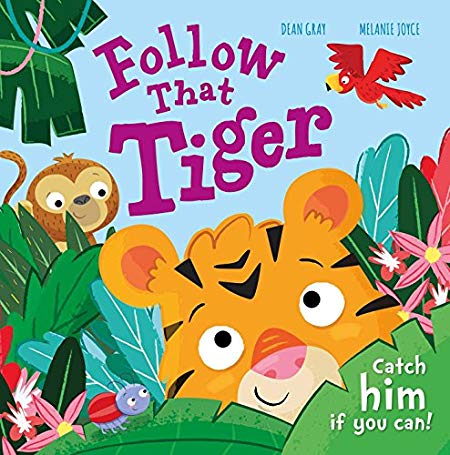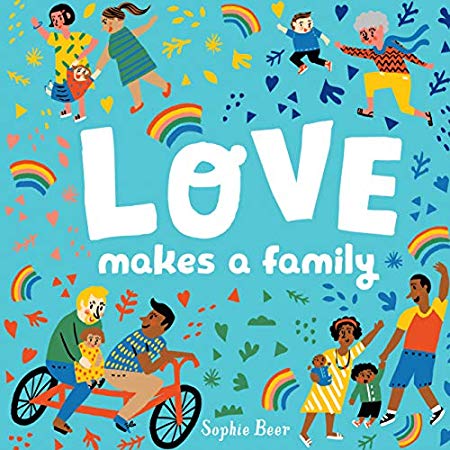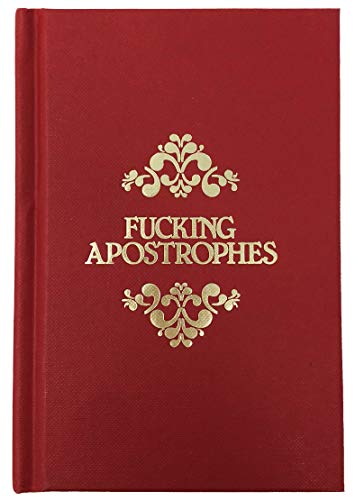Fiona Wright, The World Was Whole (Giramondo 2018)
[Added later: If you read only one article on this book, I recommend Ashley Kalagian Blunt’s brilliant essay ‘Comfortable and Comforted: The World Was Whole by Fiona Wright’ in Sydney Review of Books (click here) rather than mine. Of course, I’d be happy for you to read both.]
This is Fiona Wright’s second book of personal essays. At the Sydney Writers’ Festival earlier this year, she said the first book, Small Acts of Disappearance, was about extremes, particularly those brought on by her severe health issues, and this book is about the ordinary, and how the ordinary must be negotiated by someone whose health is (still) fragile. It’s a very good description.
The essays are beautifully written, combining personal detail, literary reference and information about the social and historical contexts. They revolve around three main things.
First is the experience of chronic illness. Fiona Wright lives with a rare and complex digestive disorder, which gave rise to behavioural difficulties. Dealings with dietitians, psychologists, hospitals and the mental health system feature prominently, and there’s a revelatory quality to her recounting of the micro-moments she has to negotiate as a person for whom eating is always problematic. One example at random: in ‘Back to Cronulla’ she has a meal with her family to celebrate her parents’ wedding anniversary, course after course of beautifully plated dishes:
It was beautiful food, truly and terribly wonderful – because for once I actually felt like I was missing out. I was cautious with my meal, aware than any of these dishes might make me throw up, and eventually something did. I left the three-hour-long lunch feeling hungry, and wound tight with anxiety and disappointment. My oldest niece, bored at one point with the meal, had asked her mother, why are we eating so much food for lunch? and all the adults had chuckled, out of the mouths of babes! But oh, I wanted to say, I know exactly what you mean.
(page 41)
The second recurring subject is home, as housing and as locality, home that is never the stable, warm reliable nest of stereotype, but home that is uncomfortable, and sometimes precarious. Born and raised in Sydney’s Western suburbs, Wright now lives in the Inner West, and one of the beauties of the book is the way these places, and others such as Cronulla, come alive on the page. In particular, even while she makes it very clear that she doesn’t feel completely at home in her current suburb of Newtown any more than she did in her childhood suburb, her love for it is tangible, and never more so than in this account of the Newtown Festival:
The street itself was thronged and milling. A beautiful young woman with a shaved head and silver glitter pressed onto her eyelids placed a sticker in the shape of a heart onto my chest. I ran into one of my housemates in the park, an old colleague and then the girlfriend of a woman I used to live with; a little further on, I saw one of the nurses from the hospital, although it took me a moment to place her properly, dressed in denim and wearing jewellery, rather than navy-blue scrubs and a duress alarm.
Later, I met a friend in a café on King Street, and the barista said, we haven’t seen you for a while, and reached for the skim milk before I’d even had a chance to speak. I used to bristle when this happened, when a waiter or bartender asked if (or assumed that) I wanted my usual, it used to embarrass me acutely, because I didn’t want anybody else to recognise how predictable, habitual, routine I could not help but be. It seemed to be a failing and a fault, but in this afternoon, all afternoon, I felt it as a recognition of my place, of my home and my inextricability, almost, within it.
(‘Relaxed, Even Resigned’)
There’s a lot about the joys and tribulations of shared rented houses. ‘Perhaps This One Will Be My Last Share House’ – the title says it all – casts a cool eye on the process of being evicted, finding new housemates and searching for a new house. It’s personal, but it’s worth a hundred newspaper articles about the housing problems facing young people in Sydney (and many other cities).
The third thing, not so much a theme or a subject as a practice, is attention to moments. In the Correspondence section of the current Quarterly Essay, responding to Sebastian Smee’s Net Loss, Fiona Wright has a piece that pretty much starts out:
I am a millennial, and this response will probably seem solipsistic, and it will be fragmentary. It’s not that I can’t help it. It’s not my attention span, my inherent narcissism. I’m just making a point.
A number of the essays here are fragmentary – congeries (a word my high school Latin teacher used to love throwing at us) of moments, observations, eavesdrops, beautifully chosen quotations from other writers. Only an inattentive reader would think they were solipsistic or narcissistic. And they do have a point, though not one that is argued for as if in a debate.
A woman about my age sits at the next café table with someone I take to be her mother, slung beneath a bag as enormous and as orange as a pumpkin. The older woman says to the waitress, I’ve quit sugar so I’ll just have a chocolate croissant.
(‘What It Means for Spring to Come’)
I catch a train into the city, in the late afternoon, and hear a young woman’s voice somewhere behind me: it smells of seaweed in here.
(”The everyday Injuries’)
There are two marvellous travel pieces – Iceland in ‘A Regular Choreography’ and China in ‘Little Heart’ – which combine all three of those features. By its nature, travel imposes extra stress on vulnerable bodies and minds, raises issues of home and belonging, and is disjointed and fragmentary.
The collection’s title, and the title of one of the essays – ‘The world was whole always’ – come from the poem ‘Aubade’ by US poet Louise Glück (click here for the whole poem):
A room with a chair, a window.
A small window, filled with the patterns light makes.
In its emptiness the world
was whole always, not
a chip of something, with
the self at the centre.
I stumbled across another of Glück’s poems, ‘Formaggio’ (on a pdf file here), which includes the book’s title, though without the ‘always’ of the essay. It begins:
The world
was whole because
it shattered. When it shattered,
then we knew what it was.
These lines could have served as an epigraph to the whole book. One way or another, the essays are about being shattered, or its aftermath: precarious housing, chronic illness, life away from the security and predictability of the family of origin. The writing is a way of understanding, of knowing what it is.
The book hit a number of personal spots for me: I live on the edge of Newtown and recognise many of the places mentioned; it’s a while ago but I’ve lived in a number of share houses; there’s a discussion of one of the few Chinese poems I’ve tried to engage with intimately (here if you’re interested); and I’ve recently become aware that though the Intergovernmental Panel on Climate Change has warned that we have 12 years to prevent irreversible and calamitous damage, yet I go on pretty much as before, so I was struck by this:
So much of our lives we cannot control, especially in an environment of unspecified global threat, imminent global disaster, increasing workplace uncertainty, but within the boundaries of a home (four brick walls, a fence) we can fixate on the little things, and we can fix them.
This is also exactly how anorexia works.
(‘To Run Away from Home’)
Oh!
The World Was Whole is the twenty-third book I’ve read for the 2019 Australian Women Writers Challenge. I am grateful to Giramondo for my copy.

